There’s nothing more frustrating than sitting down to try and get some work done, only to be endlessly distracted and unfocused. Besides hampering productivity, distractions can even make leisure activities less pleasant — it’s hard to truly enjoy a movie while being constantly distracted. Today, modern technology and the habits it has engendered has made the problem of distraction more acute than ever. However, there are ways you can fight back. Read on to find six effective ways to resist distractions.
1. Take breaks

Trying to focus for hours on end will, paradoxically, lead to more distraction. Staying concentrated for long periods without a break is just not realistic. In the end, distractions will triumph. The smarter approach is to assert control over the situation by specifically planning breaks. For example, allowing a rest period of five minutes every hour is an effective tactic.
2. Block digital distractions
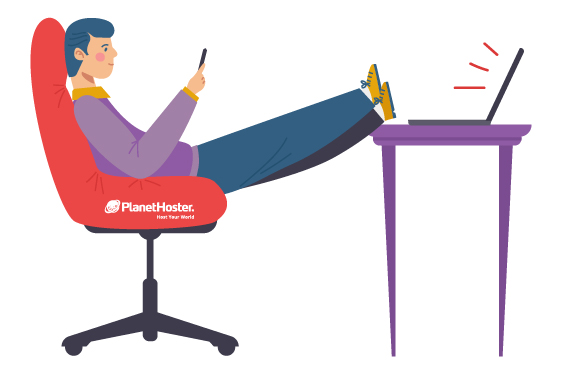
Social media and smart phones are some of the worst offenders when it comes to distracting people. Shutting off the internet or turning off your phone will stop this problem at its source. This strategy can be valuable even away from work. Constant digital distractions degrade and destroy pleasures that require a focused mind, such as reading.
3. Jump right in
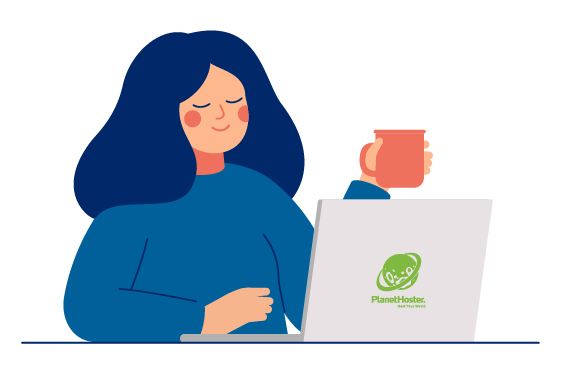
If you have a huge, important project hanging over your head, delay is self-defeating. The right time to start is almost always right now. Being focused and being distracted each have momentum to them. Giving in to distraction will make further distractions harder to resist, while starting a task immediately will have the reverse effect.
4. Consider the psychological cause
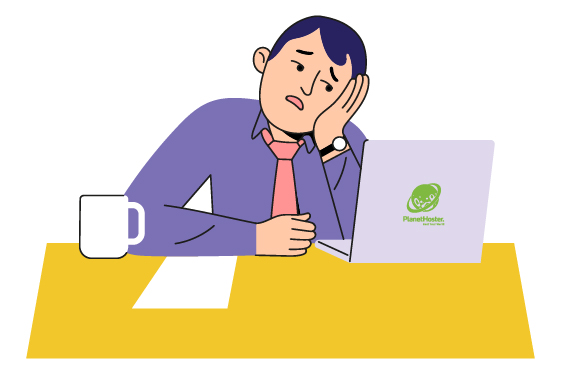
Oftentimes, getting distracted isn’t really about the distraction at all. The real source lies within feelings and emotions. On the job, distraction may be a symptom of a lack of motivation — it’s hard to resist distraction when your work feels unimportant. At home, getting distracted may really be a way to avoid facing an important but unpleasant problem.
5. Get organized
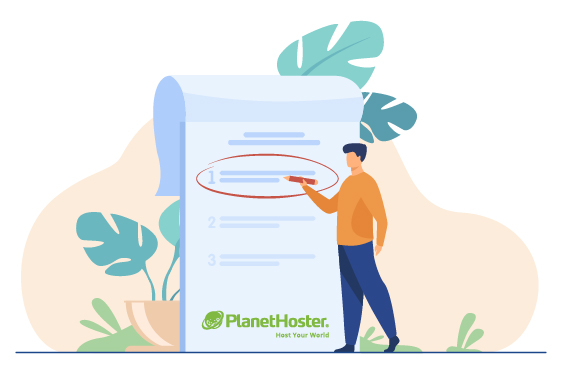
Distractions can be more difficult to resist if you don’t have a clear idea of what your goals should be. To-do lists and other forms of planning will sharpen focus. The importance of organization applies both internally (i.e., having a clear list of priorities) and externally — it’s hard to focus at a messy desk piled with junk. Organize and clean the spaces you live and work in.
6. Get help
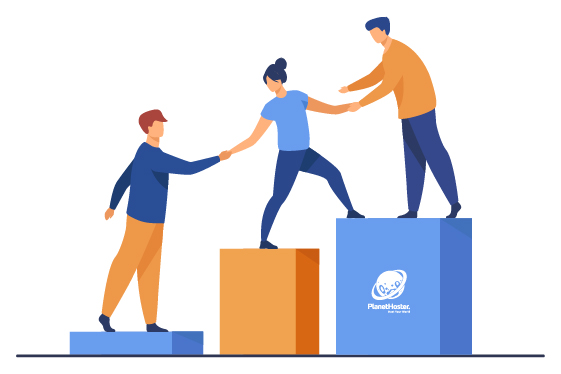
Internal discipline is crucial, but has its limitations. Enlisting the help of another person is one of the best ways to avoid distraction. A friend or colleague can motivate you and provide advice. Knowing you will disappoint not just yourself but another person if you don’t stay focused can have a powerful effect.
The ability to resist distractions is more important than it might seem. On the job, high productivity depends upon being able to screen out distractions. During off hours, it’s difficult to truly enjoy hobbies or other fun activities with an unfocused mind. For these reasons becoming better at saying no to distractions is well worth doing.